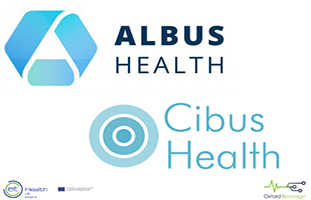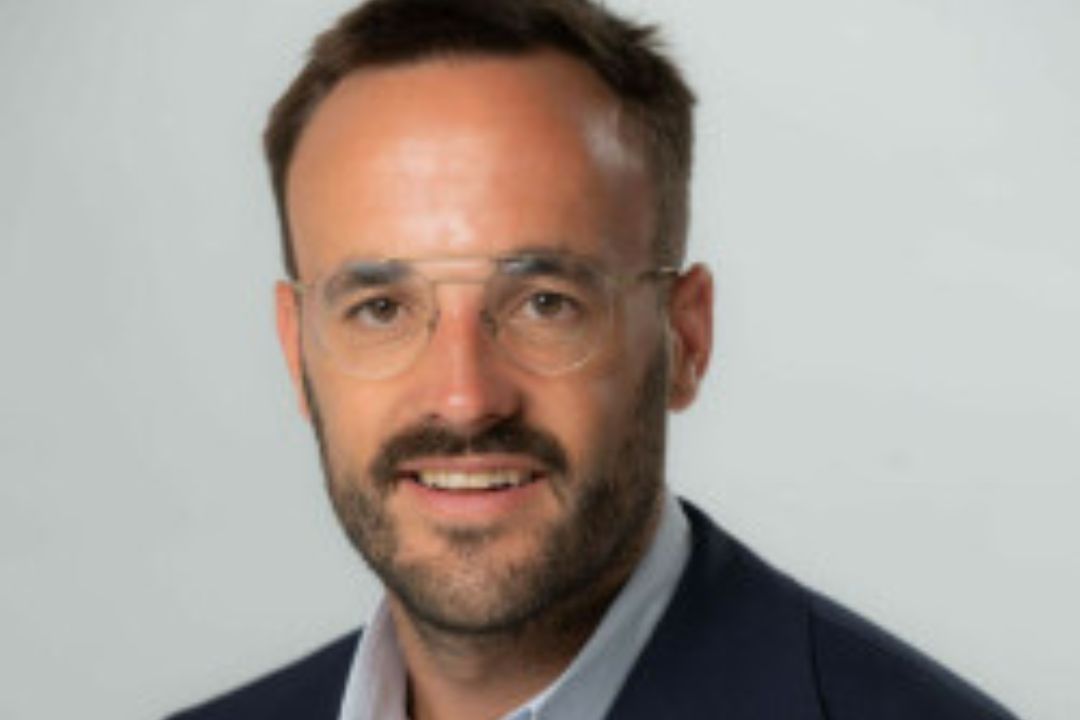2nd March 2020
The EIT Health Fellowships Network is a comprehensive health innovation activity that presents a unique learning experience for participants through three different programmes. Each programme results in teams identifying a need, proposing a solution and presenting a validated business case for that solution. The network bridges gaps between industry, academia and the public sector, granting learners access to leading institutions and a diverse group of peers.

All the Fellowship Network programmes take the approach of teaching needs-led innovation methodology in a multidisciplinary team setting, with exposure to real health care environments and patient needs and aim to Produce entrepreneurial ventures and intrapreneurial projects that have an impact on healthcare systems and patients’ lives.
The Innovation Fellowships at the University of Oxford have been particularly successful at creating these intrapreneurial projects and below we take a look at two of these start-ups and the needs they’re addressing.
Cibus Health Ltd
Cibus Health is an infant communications company that spun out of the Healthcare Innovations Fellowship (Biodesign) at the University of Oxford. Their mission is to become the recognised leader in infant wellness. They want to give babies the best start to life, and their first project is based around infant feeding and obesity.

Three of the co-founders of Cibus Health (Co-founders Dr Erfan Soliman Dr Tianyou Xu; Mr Adrian Kozhevnikov) were fellows of the Healthcare Innovations Fellowship (Biodesign) at the University of Oxford (2017–2018), which is part of the Innovation Fellowships network.
The fellowship not only brought them together as a team, but it also taught the guys the process of needs-led innovation through a year-long process that involved an immersion at the John Radcliffe and Warneford Hospitals in Oxford. After completing the programme, they continued working together and were committed to identifying a high-impact need to build a venture around.
According to Co-founder, Dr Erfan Soliman: “This venture would not have existed if it weren’t for the Biodesign programme and EIT Health support.”
Cibus uses continuous monitoring of a proprietary combination of physiological biomarkers to allow parents and caregivers to visualise and better understand the feeding process.
The novelty behind the solutions is that they provide non-invasive, real-time, and personalised feedback about physiological conditions through technologies that users are already familiar with.
“Currently, 75% of UK babies are overweight, and parents often do not know that they are overfeeding their baby. We’re building a product, backed by years of research, that is guaranteed to give your baby the best start to life” says Dr Soliman.
“We believe that smart bottles that simply monitor infant feeding times/amounts are contributing to the problem of overfeeding. The research that we’ve identified supports this. We’re building a product that objectively determines hunger levels and re-establishes the communication that is lost when a mother needs to rely on bottle-feeding.”
Albus Health Ltd
Albus Health is developing an automated real time home monitoring system to predict asthma attacks up to days before they happen, enabling patients to self-manage their condition at home and take measures to prevent the attack.
Over 150 million people in the world suffer from at least one asthma attack a year, costing over $4 billion in Europe alone. Existing asthma monitoring methods require patients to proactively perform breathing tests and fill out symptom diaries every day. In practice the adoption of this method is less than 20% leaving the need largely unmet.
Albus Health’s solution addresses this need through a passive home device that gather objective and reliable data without the patient doing anything.
Albus is another start-up that successfully spun out of the University of Oxford after graduating from the Oxford Biodesign Healthcare Innovations Programme.
After finishing Biodesign, all three founders (Mikesh Udani, William Do and John-Paul Moszynski) went full-time on Albus Health, prototyping, grant writing, and doing everything in their power to make it work – including going five months without pay.
One co-founder, John Paul, left the company after a year and a half but William and Mikesh continue to lead the company which now has a team of over 10 staff members.
The start-up has acquired two Innovate UK grants (£150k and £1.5m – non-dilutive grant funding) and funding from OSI (Oxford-based VC) on a convertible note.
Albus health want to fill the gap in clinical monitoring with reliable technological solutions to keep people healthy at home and the platform technology they are developing is applicable to a range of cardio-respiratory conditions, not just asthma.
The team are well on their way to success with two patents filed, a Minimum Viable Product (MVP) and clinical trials underway. They have also signed their first sales contract with a multi-national company.
Europe's top health start-ups take centre stage: EIT Health Catapult winners are revealed at HLTH Europe

2025 Catapult programme winners announced.
Finding Europe’s next healthtech leaders: Insights from Antoine D’Hollander

Insights from Antoine D’Hollander, Capricorn Partners.
EIT Health supports 17 promising deep tech start-ups bridge the ‘Valley of Death’

Providing start-ups with the right support.